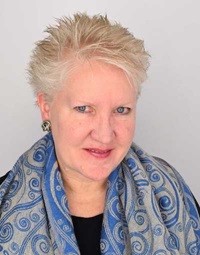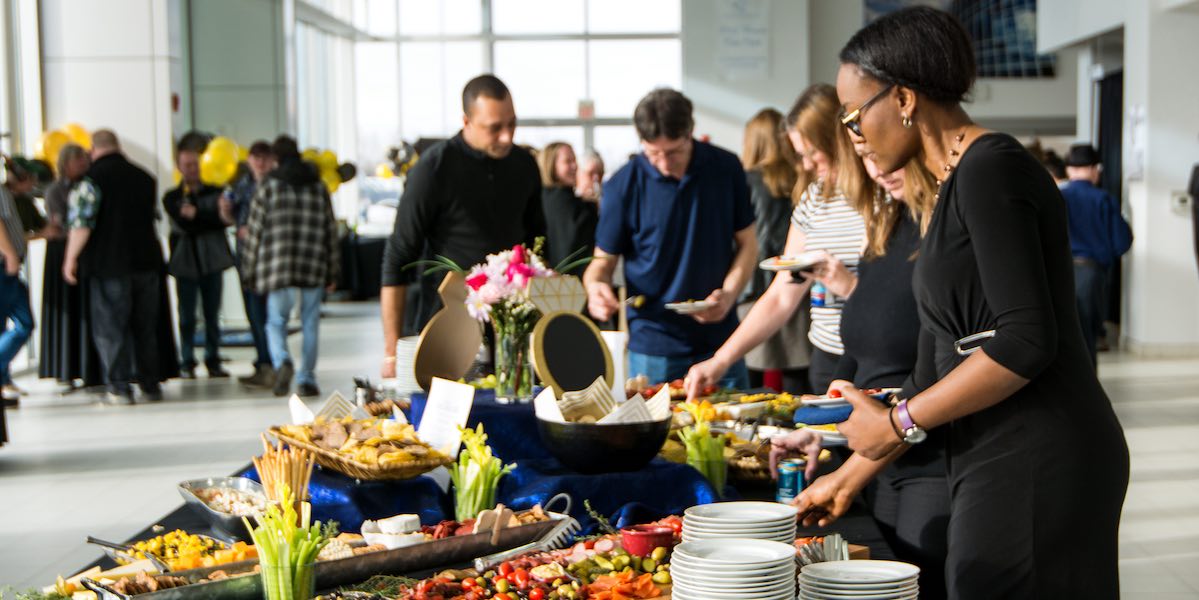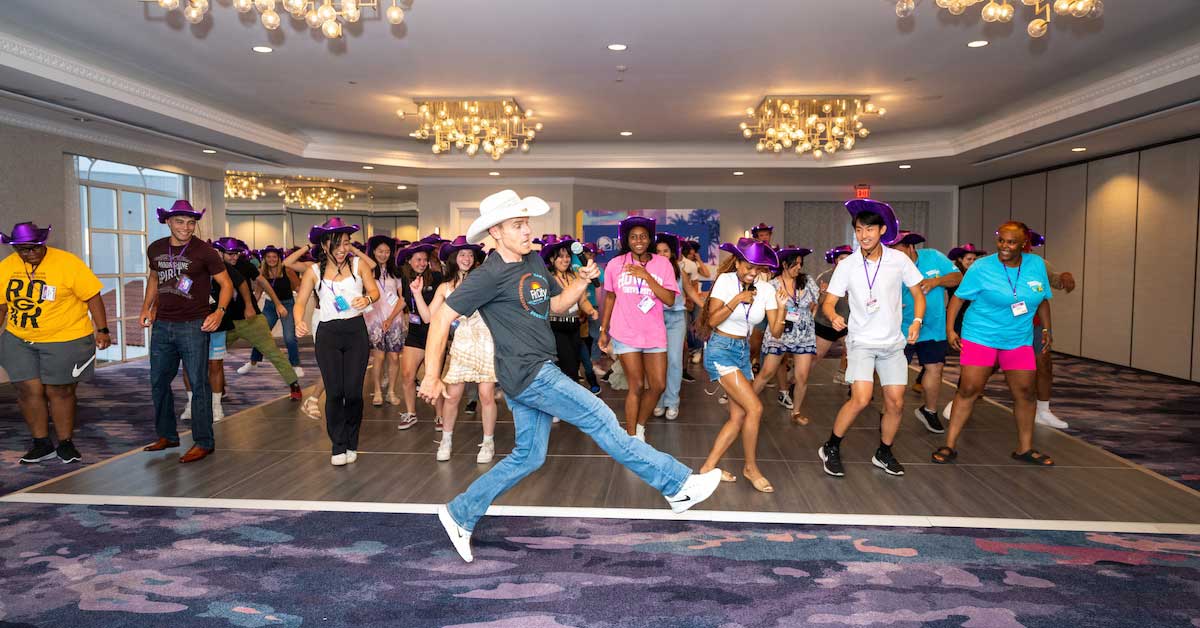We recently spoke with industry educator Joanne Dennison, CMP, MSEd, who presents MPI’s CMP Master Class, about the importance of professional development during the pandemic and why the CMP matters today. She’ll be presenting the next digital class on June 14 as a WEC Vegas pre-conference learning opportunity. Learn more and register.

Why is it important for meeting professionals to maintain (or increase) their focus on professional development during the pandemic?
Two basic reasons in my mind. First, many people have time they did not have before. I cannot tell you how many people have said to me, “I wanted to do this for years, but with my work and travel schedule…” That’s not just for the CMP, but all the additional learning that is and has been available. As the world is opening back up and people are going back to work and travel, many are going to look back and say, “I wish I had done that when…” I have already had people who sped up their original plans because they are now doing in-person events or got a new job.
The other reason is we need to prepare to be better at what we do, to create better meetings and events, to bring the world back to life—and improve it. This industry can truly make a difference in changing the world, and I think people forget that sometimes.
MPI’s CMP Master Class. Preparing for your CMP? Chart your study path.
How can earning the CMP help meeting professionals succeed?
The CMP is always a good because it is the most recognized certification in the industry—an umbrella. No matter what you do in the industry, it pertains.
One of the “soapboxes” I have been standing on over the past year is this: Our job is not to create the best in-person events. Our job is to create the best meetings and events, period. That includes face to face, hybrid or virtual—and whatever else gets thrown our way.
The CMP is built around concepts that thousands of industry professionals have had input on—some of which have been around decades, some more recent. When you prepare for the CMP, you have many choices for how and what you do with the information. You can do what you need to do to pass the exam, or you can really learn it and apply it to create better meetings (and further your career). Once you understand the concepts that create the foundation, you can apply them to any meeting or event, in any format. People are sometimes shocked when they are in class with me and we talk about this, because they think they have to start all over again to learn the “best” way to do a virtual meeting, or a hybrid. You may have to apply the concepts differently, but the foundation is the same. For example, how do you set up a room to make it inclusive to virtual attendees at a hybrid meeting?
What have you learned during the pandemic that will help you be a better teacher/leader?
Like many other people, I got pushed way out of my knowledge and comfort zone. And I am so grateful for it.
I had been asked before to do virtual presentations and even classes, and I always said no. My experience with “webinars” was they were incredibly boring, and I figured I would be too. I had never seen a live virtual presentation before this year, only webinars, frequently where all you saw was PowerPoint slides and headless voices. I also felt so much of my personality and teaching style would never carry over to a screen.
I had people counting on my April/May classes that were scheduled for last year because there was a May exam period, and I did not want to let them down. I, like many, started with the most basic equipment and have upgraded as I learned more and more. I had to learn so many different things with Zoom: cameras, lighting, sound—and how to still create a community even though we were not in the room together. How do I make it interesting for multiple hours, and make sure people learn? I had to change some parts of my format, which brought other great things along with it. I have even had people tell me that there are lots of good things about taking the class virtually, including that they can’t be distracted by others because it’s just “me and them” in the room. They can ask questions anonymously, making it freeing.
One thing I did not change is that I still do not, and doubt I ever will, use PowerPoint. I still use my flip charts. It’s the way I teach and it fits me. Early on last year I read a thing that said with virtual presentations, presenters should consider not using PowerPoint in the same way because the attendees will not be able to see your face at all. For once I was ahead of the curve!
INSIGHTS FROM MPI ACADEMY DIRECTOR JESSIE STATES
One of the many lessons from the pandemic has been the importance of foundational knowledge to business continuity—and event continuity therein. The core tenets of event planning didn’t change, despite the disruption in the marketplace and the at-times inability to meet in person. Regardless of whether you host an in-person, hybrid or solely digital event, the process and strategy remain consistent—what changes are the means of production, spend and experience.
The CMP competencies (or domains) again proved themselves the ultimate guide for designing and executing experiences that matter for businesses, organizations, NGOs and governments around the world. Know your objectives. Create a plan. Manage and mitigate risk. The principles laid out within the CMP International Standards withstand event type and format—and provided great guidance to the many meeting professionals who found themselves navigating the waters of digital and hybrid experience design for the first time last year.
In a year marked by a need to abruptly change course (often), professionals who already knew and applied the CMP body of knowledge benefited in that knowledge of a roadmap that applies across model. Meanwhile, employers increasingly seek professionals who can prove they have this knowledge, so that when the next crisis occurs they can rest assured their business is in the hands of someone who has the adaptable skills necessary to continue using meetings and events, regardless of type, to advance business objectives and bottom-line growth.



.jpg?sfvrsn=96553155_1)



